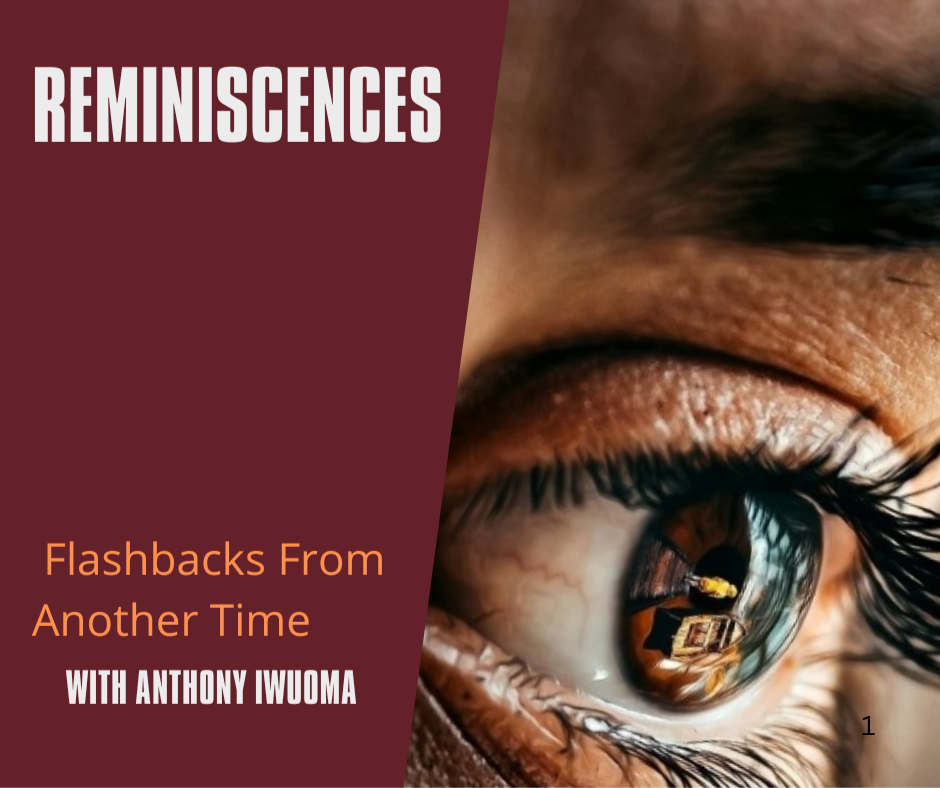
By Publisher
Kindly share:
By Anthony Iwuoma
Once upon a time in the grand savannah of Nigeria, a nation blessed with boundless talent, thriving entrepreneurs, abundant agricultural potential, and a solid population of unemployed PhDs, someone in high office looked across the land and asked:
“Where are the cows?”
Not the students. Not the teachers. Not the children dying from preventable diseases. Not the roads that eat cars. Not the businesses gasping for breath. Not the 20 million out-of-school children. No. The cows.
Apparently, in the infinite wisdom of our democratic shepherds, the most pressing concern in this nation of over 200 million souls is not insecurity, not inflation, not education, not the devaluation of the Naira, not even the ever-increasing cost of food. It is, wait for it… cattle.
And so, like clockwork, here we are again: The Federal Government, frothing with determination, rolling out initiatives to transform Nigeria into the world capital of cow-dom. They’re calling it market upgrades, breeding centres, cattle colonies, ranching programmes, and for those allergic to the truth, they’re sprinkling in a few keywords like “modernisation,” “climate-smart livestock,” and “peace-building.”
But don’t be fooled. This is not about cattle economics. This isn’t about agricultural reform. This is not even about peace. This is RUGA 2.0, back from the political graveyard, wearing new clothes, holding the same sinister blueprints.

Any wonder then some people say Nigeria is a COWntry, a land where cows get premium over men; lawless and untamed. We are even beginning to think cow thoughts as if we are cows.
Yes, that’s the truth: in Nigeria today, a cow gets better government attention than the average Nigerian. The cow has a roadmap. It has budgetary allocations. It has strategic plans and colonies in the pipeline. It has access to state-funded vet care, pasture lands, and roaming rights. Meanwhile, human beings, sorry, citizens, are told to “go and farm” in areas riddled with terrorists, or “innovate” in a country where power supply is as mythical as unicorns.
Now, we know why this is happening. The herder-farmer crisis has ravaged communities for years, especially in the Middle Belt and southern parts of Nigeria. Entire villages have been sacked, lands seized, and thousands killed. And rather than address the root causes, such as illegal grazing, weapons smuggling, and the criminal impunity of some armed herders, the government has taken a rather curious route: reward the aggressor with infrastructure.
You see, in other parts of the world, when two parties are in conflict, the government intervenes by upholding the law, enforcing property rights, and ensuring justice. In Nigeria, however, the government simply builds cattle colonies, ostensibly to “solve the crisis.” Imagine a nation that responds to banditry by giving the bandits new headquarters, complete with solar power, fencing, and boreholes, while the victims bury their dead and beg for relief funds.
That’s not policy. That’s complicity.
Let’s speak the unspoken: many Nigerians believe this whole cattle-centered obsession is about more than meat or milk. It’s about land. And land, in Nigeria, is everything: identity, ancestry, culture, and survival.
These “colonies,” strategically proposed in non-Fulani regions, are not just economic zones. They are potential footholds, geopolitical outposts, meant to shift the demographics and power balance across the country. It is colonisation by cattle. A slow, well-funded occupation wearing agbada and speaking the language of “investment.”
Because what happens after the government builds ranches and colonies in ancestral lands? The locals are told to vacate “for peace.” The indigenes are asked to “cohabit.” And the herders, some armed to the teeth and speaking no local language, become permanent settlers. Then the land disputes begin. Then the clashes. And soon, a thousand-year-old village becomes a “new Fulani settlement.” It’s not rocket science. It’s history. It’s been done before, ask the Berom, the Tiv, the Agatu.
If the government truly wanted peace, it would enforce grazing laws, protect indigenous lands, and arrest and prosecute killers. Instead, it is rewarding bad behaviour with billion-Naira budgets and calling it “development.”
Let’s imagine, for satire’s sake, that this government is merely a misunderstood lover of commerce. Perhaps, they have a secret passion for private enterprise. Perhaps, when they close their eyes, they see cows and spreadsheets dancing.
Then, by all means, let us take this logic to its natural conclusion.
Instead of imposing “cattle colonies” on unwilling communities or repackaging rejected policies, the Federal Government must focus on creating fair, inclusive frameworks for all Nigerians. If herders want ranches, let them build them, just as poultry farmers build theirs, and just as tech startups find their seed funding. The government must stop acting as a business partner to a few and start being a public servant to all.
If herders get colonies, then:
Traders should get trading colonies. Let us build massive shopping emporiums across the states, fully funded by the Federal Government, where Igbo traders can sell electronics with tax waivers and free stalls.
Farmers should get federal farms. Let us acquire vast acres of land and hand them over to peasant farmers with greenhouses and guaranteed off-takers at government-fixed prices.
Mechanics should get automobile colonies. Why not construct tech-heavy mechanic villages with imported German tools and diagnostic machines, right?
Tailors should get tailoring colonies. With 24/7 electricity, air-conditioned fashion houses, and fabrics subsidized by the Ministry of Sartorial Affairs.
Absurd? Exactly. Because business is a private enterprise. It is not the role of government to fund one group’s hustle while telling others to “pray and persevere.”
Let’s take a brief journey outside our borders.
In Argentina, a major beef-producing country, cattle ranching is a private-sector activity. The government enforces environmental regulations, ensures food safety, and leaves ranching to ranchers. No national budget for cows.
In Australia, with over 25 million cattle, ranches are run by private families and corporations that purchase their land, pay taxes, and deal with market forces. The government does not allocate public land to one ethnic group in the name of “peace.”
In the United States, even with its $60 billion beef industry, cattlemen do not enjoy federal ranches. What they do get is fair law enforcement, access to agricultural loans (available to all), and protection of private property.
Why then must Nigeria, with all its complex ethnic diversity and land sensitivities, decide to centrally fund ranches for one group while leaving others to fend for themselves?
Are we a nation or a ranch?
This is not just bad policy. It is a dangerous precedent. When a government starts acting like a cattle syndicate, weaponising state power to advance one group’s agenda, it invites national fragmentation. You cannot build unity on injustice. You cannot build peace by privileging one private business over others. You cannot keep pushing people off their land and expect silence forever.
Let it be known: cattle colonies, under whatever name or disguise, shall fail. Nigerians are not cattle. Our lands are not for political chess games. And those pushing this agenda, whether for religious, ethnic, or economic conquest, will soon discover that the will of a free people is not easily tamed.
Let the herders do what every other businessperson in Nigeria must do: buy land, invest in infrastructure, and build their businesses. Let them obey local laws. Let them register cooperatives, apply for loans, pay taxes, and engage with host communities with respect and accountability.
We are tired of cow politics. We are tired of land seizures wrapped in national flags. We are tired of governments that govern only for one tribe or trade.
Nigeria is not a zoo. It is not a pasture. It is a republic, allegedly. And the role of government is to provide equal opportunity, justice, and protection for all. If cows must be elevated to national priority, then let them contest elections. Let them form a party: Cowgress for Progress. Let them campaign, share sachet milk, and present manifestos. But until then, cows must remain where cows belong, in private hands, on private lands, funded by private money.
Let the people rise and say it loudly: We have no problem with cows. But we have every problem with the cow-tocracy.
And to those quietly building colonies for conquest under the cover of federal policy, be warned: the land remembers, and the land always speaks.
Anthony Iwuoma is a newspaper columnist and public affairs analyst.




